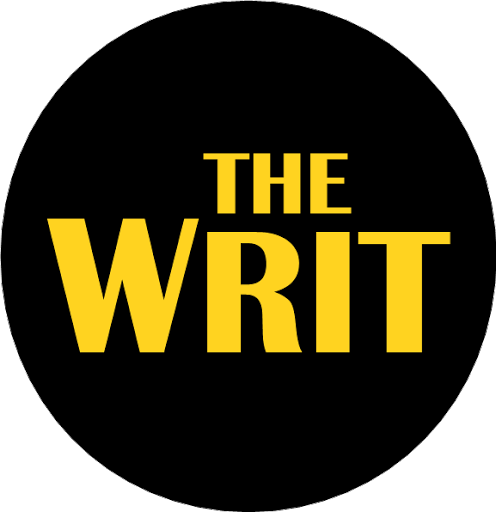 Compared to that last poll, the Conservatives are down four points to 34%, while the Liberals have gained two points and trail with 28%.
Compared to that last poll, the Conservatives are down four points to 34%, while the Liberals have gained two points and trail with 28%.The New Democrats are down one point to 17%, while the Bloc Québécois and Greens have picked up a point apiece and stand at 11% and 8% respectively in this internet poll.
The Conservatives hold a strong lead among men (38% to the Liberals' 29%) and among voters aged 55 or older (42% to 25%). But the Liberals are running neck-and-neck with the Tories among 35-54 year olds and among women (29% CPC to 27% LPC). And the Liberals lead in the 18-34 cohort that has more trouble getting to the ballot box on voting day.
Regionally, the Conservatives have dropped six points in Ontario and now lead with 38%, followed closely by the Liberals at 36% (+5). The NDP is steady at 16% while the Greens are up two to 10%. It's a much closer race in the province than Angus-Reid indicated in December.
In Quebec, the Bloc has gained four points and dominates with 43%. The Liberals have pulled away from the federalist pack with a three point gain, running second with 22%. The NDP is down two points to 15% while the Conservatives have dropped five points to only 13% in Quebec. That is very problematic for them.
The Conservatives are up three points in British Columbia, however, and lead with 42%. The New Democrats follow with 25% (-5), while the Liberals are down four points to 21%. The Greens, at 11%, have gained seven points.
In the smaller-sample regions, we get some odd results due to the higher margin of error. For example, in Atlantic Canada the "Other" parties have stormed ahead of the New Democrats to 16% support, trailing the Conservatives at 23% (-18) and the Liberals at 49% (+11). The NDP is down seven points to 10%. But before you disregard this poll entirely, consider that these 16 "other" points only represent about 1.1 points nationally.
In Alberta, the Conservatives have jumped 15 points to 65%, while the NDP trails with 12% and the Liberals with 11%, down 11 points.
In the Prairies, the Conservatives are up seven to 44%, while the NDP has come out of nowhere with a 14 point gain. They stand at 36%, ahead of the Liberals (who are down nine) to 15%.
These smaller regional results leave a lot to be desired. But we can certainly take something from the polling data in the three largest provinces.
 The Conservatives would win 22 seats in British Columbia with this poll, as well as 28 in Alberta, 22 in the Prairies, 49 in Ontario, four in Quebec, and five in Atlantic Canada for a total of 131. That's a drop of 18 seats from the projection for Angus-Reid's last poll.
The Conservatives would win 22 seats in British Columbia with this poll, as well as 28 in Alberta, 22 in the Prairies, 49 in Ontario, four in Quebec, and five in Atlantic Canada for a total of 131. That's a drop of 18 seats from the projection for Angus-Reid's last poll.The Liberals would win seven seats in British Columbia, none in Alberta, one in the Prairies, 45 in Ontario, 15 in Quebec, and 27 in Atlantic Canada for a total of 97, a gain of 20 seats from last time.
The Bloc Québécois would win 55 seats in Quebec, an increase of two.
The New Democrats would win seven seats in British Columbia, none in Alberta, five in the Prairies, 12 in Ontario, one in Quebec, and none in Atlantic Canada for a total of 25, down four from last time.
The poll also took a look at the three federal leaders. Stephen Harper has an approval rating of 26% and a disapproval rating of 46%, a margin that has grown by one point since December.
Michael Ignatieff has an approval rating of only 12% and a disapproval rating of 49%, four points worse than December.
Jack Layton is the only leader whose numbers have improved. The gap between his approval and disapproval ratings has shrunk by four points, to 26% approving and 31% disapproving.
If we took out the "not sures", that'd give us an approval rating of 46% for Layton, 36% for Harper, and 20% for poor Michael Ignatieff.
The first poll of the year is not without its issues, but it seems to indicate that the big gap that was forming between the Conservatives and the Liberals in December has been reduced back to what we've seen for the last year or so. Ho-hum.
